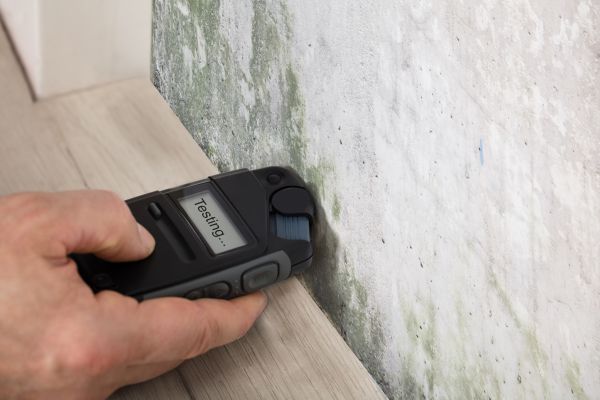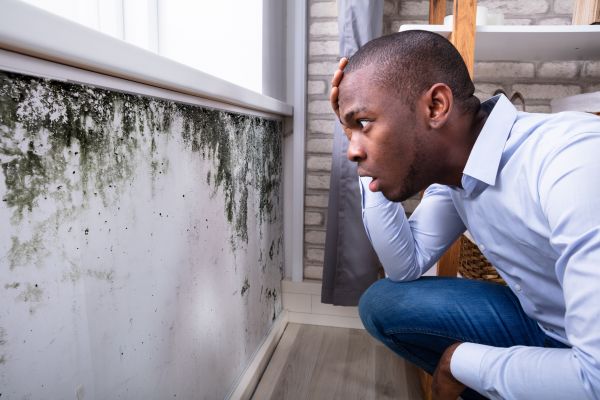Residential Mold Inspection Service
Affordable Residential Mold Inspection
Residential mold inspection is a crucial step in maintaining a healthy and safe living environment. Mold can grow in hidden areas of a home, often going unnoticed until it becomes a significant problem. These fungi thrive in damp conditions and can cause a range of health issues, including allergies and respiratory problems, particularly in sensitive individuals. A professional mold inspection involves a thorough examination of a property to identify any signs of mold growth, assess the extent of the problem, and determine the underlying causes. This proactive approach helps in preventing potential health risks and structural damage to the home.
Benefits of Residential Mold Inspection
-
Early Detection of Mold
Early detection is key to preventing mold from spreading throughout a home. By identifying mold growth early, it is possible to address the issue before it becomes a larger, more costly problem. This not only helps in maintaining the structural integrity of the home but also in safeguarding the health of its occupants. -
Improved Indoor Air Quality
Mold spores can significantly affect indoor air quality, leading to health issues such as asthma, allergies, and other respiratory conditions. A mold inspection helps in identifying and eliminating sources of mold, thus improving the air quality and creating a healthier living environment. -
Prevention of Structural Damage
Mold can cause severe damage to the structural components of a home, including walls, ceilings, and floors. A thorough inspection can help detect mold in its early stages, allowing for timely remediation that prevents costly repairs and maintains the structural integrity of the property. -
Peace of Mind
Knowing that a professional has thoroughly inspected your home for mold provides peace of mind. Homeowners can rest easy knowing that their living space is safe, healthy, and free from hidden mold issues that could pose future problems.
FAQs About Residential Mold Inspection
What is involved in a residential mold inspection?
A residential mold inspection typically involves a visual examination of the property, moisture readings, and sometimes air quality testing. Inspectors will look for visible signs of mold as well as conditions conducive to mold growth.
How often should a home be inspected for mold?
It is recommended to have a mold inspection conducted annually or whenever there are signs of water damage, musty odors, or unexplained health symptoms among occupants.
Can I perform a mold inspection myself?
While homeowners can look for visible signs of mold, a professional inspection is more thorough. Professionals have the tools and expertise to detect hidden mold and assess the extent of the problem accurately.
What should I do if mold is found in my home?
If mold is detected, it is important to address the issue promptly. This may involve hiring a remediation specialist to remove the mold and fix any underlying issues causing moisture buildup.
Fill out the contact form today to request a Residential Mold Inspection and experience the peace of mind that comes from knowing your home is safe and healthy. Remember, early detection, improved air quality, and prevention of structural damage are just a few of the benefits of a professional Residential Mold Inspection.




